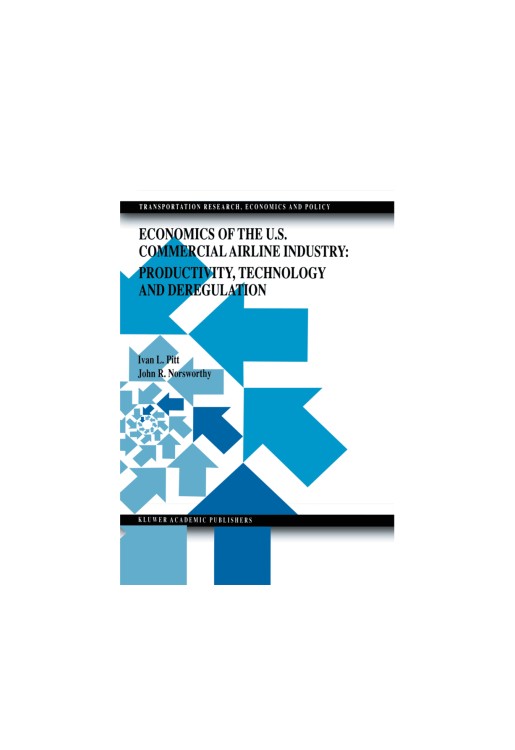This guide aims to provide techniques that aid medical students in their understanding, analysis and recollection of study material. Topics discussed include taking notes, time management, problem-solving, stress management, organization, working in study groups and preparing for exams.
One Identification of Learning Style.- Purpose.- Taking Control of the Examination Process.- Learning Style Questionnaire.- Sensing (S).- Intuition (N).- Judging (J) and Perceiving (P).- Additional Myers-Briggs Learning Style Dimensions.- Extraversion and Introversion.- Extraversion (E).- Introversion (I).- Application of E and I in Examination Preparation.- Thinking and Feeling.- Determining your Type.- Perceptual Preference.- Visual.- Aural/Oral.- Kinetic.- Gustatory.- Tactile.- Summary.- References.- Suggested Readings.- Two Time Management * Goal Setting * Memory.- Purpose.- Time Management.- The Memory Curve.- Optimal Memory Curve.- Improving Memory.- Specific Study Strategies.- Schedule Construction.- Selecting Study Tasks.- Narrow Your Focus.- Work with Related Material.- Using Your Learning Style.- Vary Sensory Use.- About Procrastination-The Emotional Warning Signs.- Time Accountability.- Time Log and Time Pie.- Time Log Formulation.- Time Log.- Personal Time Pie.- Study Tricks And Treats.- Methods for Time Efficiency.- Catching Up with Missed Work.- Summary.- References.- Suggested Readings.- Three Taking Notes.- Purpose.- Taking Classroom Notes.- Classroom Note-Taking Necessities.- Labeling Notes.- Labels You Cannot Do Without.- Using Labels in Essay Writing.- Using Isabels to Construct Exam Questions.- Expanding Class Notes.- Leaving Space.- Taking Notes From Textbooks.- Organizational Components.- Headings.- Details and Items.- Labels.- Labeling Textbooks.- Indented Format.- Chart Construction and Use.- Cell Chart.- Flow Chart.- Summary.- References.- Four Problem-Solving.- Purpose.- Individual Differences in Problem-Solving Skills.- Know Yourself.- Expand Learning-Style Techniques.- Using Sensing, Intuition, Thinking and Feeling to Examine the Problem.- Using Extraversion and Introversion, Judging and Perceiving.- Define the Problem.- Devise a Strategy-Form Subgoals.- Execute the Strategy.- Evaluate Your Progress.- Summary.- References.- Suggested Readings.- Five Preparing for Medical Licensing Examinations.- Purpose.- Mind Your Mind.- The Exam.- Review Strategies.- Plan.- Subject Coverage.- Time Use.- Scheduling.- Integrating Subjects: Organ System/Pathology Review.- Setting Up an Organ System/Pathology Review.- Four-Step Strategy.- Question Matrix Steps.- Renal System Organ System Review.- Use of Study Partners in the Comprehensive Review.- Summary.- References.- Six Stress Management for Exams.- Purpose.- Causes of Transitory Stress.- Self-Efficacy.- Signs of Stress.- Stress Redution Techniques.- Developing Positive Self-Talk.- Eliminating Negative Self-Talk.- Exercises for Identifying and Improving Self-Talk.- Evaluating Your Attitude Toward Examinations.- Demonstration Of Negative Or Positive Thinking.- Positive Thinking.- Negative Thinking.- Stress-Reduction Exercises.- The Alexander Technique.- Breathing.- Physical Exercise.- Spot-Check Mini-Exercises to Be Done During Studying and Exams.- Restful Images.- Involving Your Family and Friends.- Summary.- References.- Suggested Readings.- Seven Test-Taking * Discrimination Skills.- Purpose.- Equipment.- The Examinee.- The Exam.- Pacing.- Choosing Answers.- Question Format.- One Best Answer-Positive Stem.- One Best Answer-Negative Stem.- Matching-Type Questions.- Case History Type Questions.- K-Type Format.- Question Analysis.- Types Of Questions.- Simple Recall.- Problem Solving.- Process Questions-Chain of Cause/Effect.- Three Steps In The If-All-Else-Fails Department.- Memory Jogs by Content Recall.- Memory Jogs by Study Situation Context Recall.- Memory Jogs by Material Context Recall.- Guessing And Analyzing.- Performance Analysis-Test-Taking.- Summary.- References.- Eight Organizing and Working in a Study Group.- Purpose.- Some Dos and Donts of Groups.- Do Establish Structure.- Don't Get Sloppy.- Group Study Tasks * Organ System Review.- Choosing the Study Focus.- Preparation for Group.- Becoming an Expert.- Follow Group Rules.- Reveal Your Weaknesses.- Application of The Problem-Solving Model to Groups.- Summary.- References.- Suggested Readings.


